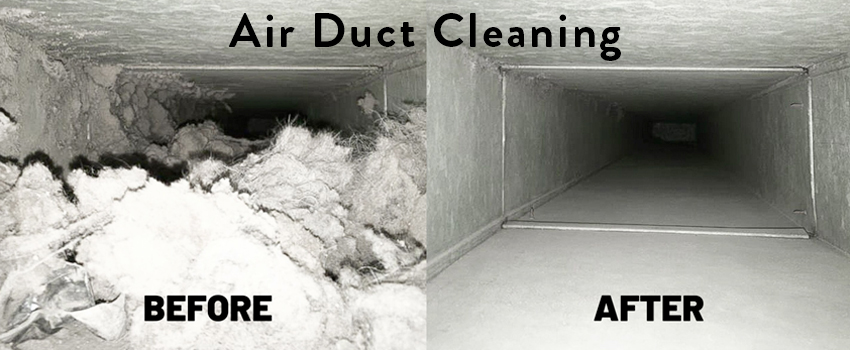In the UK, building control air conditioning requirements and standards are primarily governed by several regulations and directives to ensure energy efficiency and safety. Here are the key requirements:
- Energy Performance of Buildings Directive (EPBD): This directive mandates regular inspections for air conditioning systems with an effective rated output of more than 12 kW. These inspections must occur every five years and are intended to assess the efficiency of the system and provide recommendations for improvements. The Chartered Institution of Building Services Engineers (CIBSE) TM44 guidelines are used for these assessments. The EPBD aims to reduce carbon emissions and improve energy performance in buildings (Gov.uk) (Legislation.gov.uk).
- F-Gas Regulations: These regulations focus on reducing greenhouse gas emissions from fluorinated gases (F-Gases) used in air conditioning systems. Systems containing F-Gases must be leak tested regularly, with the frequency of testing depending on the CO2 equivalent charge of the system. The operators must ensure the systems are compliant and must keep records of all maintenance and servicing (Gov.uk).
- Building Regulations Part L: These regulations cover the conservation of fuel and power, aiming to improve the overall energy efficiency of buildings, including the air conditioning systems installed within them. Compliance involves ensuring systems meet specific energy performance criteria and are regularly maintained to maintain efficiency (Legislation.gov.uk).
- Planning Permission: Generally, planning permission is not required for small air conditioning units. However, for larger systems or installations in specific locations, such as conservation areas, it’s advisable to check with local authorities (Gov.uk).
- Maintenance and TM44 Inspections: Regular maintenance is highly recommended to ensure the longevity and efficiency of air conditioning systems, even though it’s not strictly mandatory by law. TM44 inspections, however, are a legal requirement for systems exceeding the 12 kW threshold (Gov.uk).
Non-compliance with these regulations can result in significant fines, including penalties for not conducting TM44 inspections or failing to maintain F-Gas certification. For detailed information on compliance and air conditioning requirements, you can refer to the UK government guidance on the Energy Performance of Buildings Directive and the specific Building Regulations Part L.
These regulations ensure that air conditioning systems in the UK are energy-efficient, safe, and environmentally friendly, contributing to broader efforts to combat climate change and reduce energy consumption.






